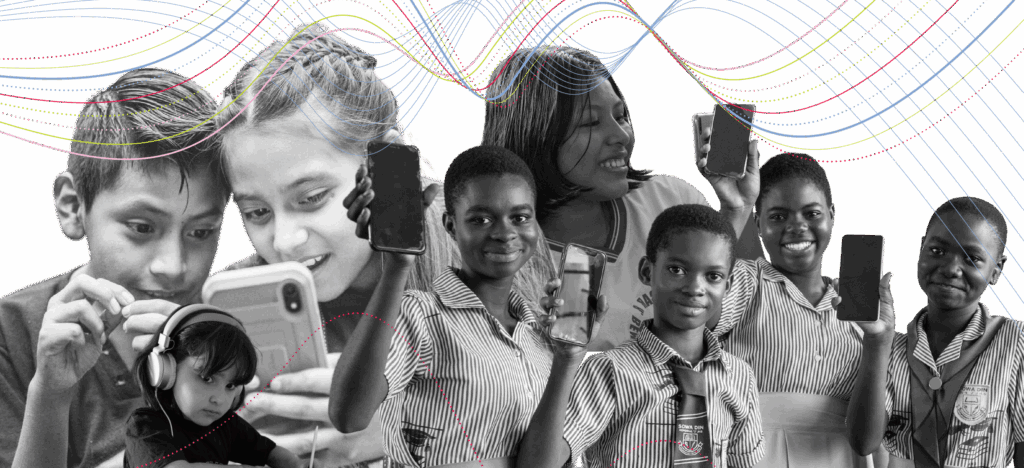“With the support of Safe Online, we have been able to gather unprecedented data on online crimes of sexual violence against children. We have developed a new innovative method to collect data directly from anonymous offenders.”
-Tegan Insoll, Head of Research, Protect Children, Finland
In the intricate web of the digital realm, where serious dangers may exist, the ReDirection project, led by Suojellaan Lapsia (Protect Children Ry), emerges as a transformative force against online sexual violence. With pivotal support from the Tech Coalition Safe Online Research Fund, this initiative not only addresses the urgent need to protect children but also delves into the rehabilitation of offenders through innovative and evidence-based self-help program methods.
At its core, the ReDirection project is a pioneering effort to shield children from online sexual violence. Going beyond conventional approaches, Protect Children employs innovative research methods to gather data directly from a difficult-to-access demographic – online child sexual abuse material (CSAM) offenders and potential offenders.
The ReDirection project takes a proactive stance by implementing an ingenious intervention for individuals actively seeking and using CSAM. Utilising dark web search engines, the project redirects potential offenders to an anonymous help resource – the ReDirection Self-Help Program. Concurrently, users are presented with links to anonymous surveys, ‘Help us to help you’ and ‘No need for help.’
The impact is substantial, with over 24,000 responses collected in 21 languages since December 2020. These responses fuel the development of the ReDirection Self-Help Program, a low-threshold, anonymous program designed to prevent and rehabilitate individuals engaged in the consumption and distribution of CSAM. Launched in September 2021 in English, Spanish, and Finnish, the program’s web pages have garnered over 80,000 visits, with user feedback indicating a successful reduction in CSAM use.
The ReDirection project, aimed at preventing online sexual violence against children by understanding and rehabilitating CSAM users, has unveiled significant insights into the behaviors and backgrounds of individuals who search for CSAM on the dark web. Key findings reveal that a majority of CSAM users were first exposed to such material in their own childhood, with 70% under the age of 18 and about 40% under 13, often encountering it accidentally. This highlights the critical need for enhanced digital education and protective measures online. Additionally, the research shows a disturbing trend of users predominantly searching for CSAM depicting young girls aged 4 to 13, underscoring the gender-specific vulnerabilities that need addressing.
Moreover, the study found a strong correlation between CSAM consumption and the potential for direct offending, with a notable percentage of users fearing their behaviour could lead to actual harm against children and many actively seeking or considering contact with children online. Despite a significant portion of CSAM users wanting to stop their harmful activities, very few have sought or received help, pointing to a desperate need for accessible and effective intervention programs. These findings emphasise the complexity of CSAM offences and the importance of innovative, comprehensive strategies that focus on prevention, early intervention, and the rehabilitation of users, alongside the ongoing protection and support for victims of such exploitation.
The ReDirection project meticulously focuses on various key demographics to maximise its impact. The primary target is potential and existing CSAM users within the dark web. In an effort to influence policy and practice, the project disseminates its research findings to the tech industry, policymakers, professionals, authorities, and law enforcement worldwide. Additionally, it aims to raise public awareness about the urgency of regulating and legislating digital environments, thereby contributing to prevention and awareness.
“In our innovative ReDirection project, we have been able to collect enormous data from a hidden population—those who use and view child sexual abuse material. No one else before has managed to collect this sort of data from active potential offenders and offenders… This data gives us more information on how to keep children safe online,” shares Nina Vaaranen-Valkonen, Executive Director, Protect Children, Finland.
“In our innovative ReDirection project, we have been able to collect enormous data from a hidden population—those who use and view child sexual abuse material. No one else before has managed to collect this sort of data from active potential offenders and offenders,”
– Nina Vaaranen-Valkonen, Executive Director, Protect Children, Finland.
The project’s achievements and anticipated outcomes are a testament to its effectiveness in enhancing child safety. A major triumph has been its contribution to global research on online child sexual violence, with pivotal publications like the ReDirection Survey Report and various peer-reviewed articles providing new insights into anonymous CSAM users.
“Contact among and between child sexual abuse material users in these online communities is a risk factor that leads to them directly contacting children,”
-Tegan Insoll
In a revealing turn, the ReDirection project’s report, “Darknet Online Communities of Child Sexual Abusers: Reinforcing and Rationalising Offending Behaviour,” exposes a concerning trend. Online communities of child sexual abusers not only increase the risk of child abuse but also reinforce, endorse, and encourage abusive behavior among their members.
Tegan Insoll, Project Researcher & Specialist at Protect Children, emphasises the role of these communities in escalating risks. “Contact among and between child sexual abuse material users in these online communities is a risk factor that leads to them directly contacting children,” she explains.
Dr. Salla Huikuri investigates the ‘peer support’ generated in these communities, highlighting that members rarely question their behaviour, and if they do, their peers quickly rationalise it, reinforcing their actions. The report underscores the urgency of interventions to prevent further risks to children.
In the relentless pursuit of child safety in the digital age, the ReDirection project stands as a testament to innovation, collaboration, and a resolute commitment to offering children a safer online space. Tech Coalition and Safe Online’s crucial support has empowered this initiative to push boundaries and make significant strides in the global fight against online sexual violence.
Images: ©UNICEF
Subscribe to our monthly newsletter to keep up-to-date on the latest progress, news, events and reports from Safe Online and the wider community working to end violence against children.

Copyright Safe Online 2023 ©
All imagery is taken from the Safe Online and UNICEF image library


Weave Wellbeing is Safe Online’s initiative to raise a USD $100 million collaborative fund for children and adolescent mental health and safety in a digital age.
We are here to ensure every child and young person grows in to the digital world feeling safe, and is protected from harm.
We support, champion, and invest in innovative partners from the public, private, and third sectors working towards the same objective.
We believe in equipping guardians and young people with the skills to understand and see danger themselves once accessing digital experiences without supervision.